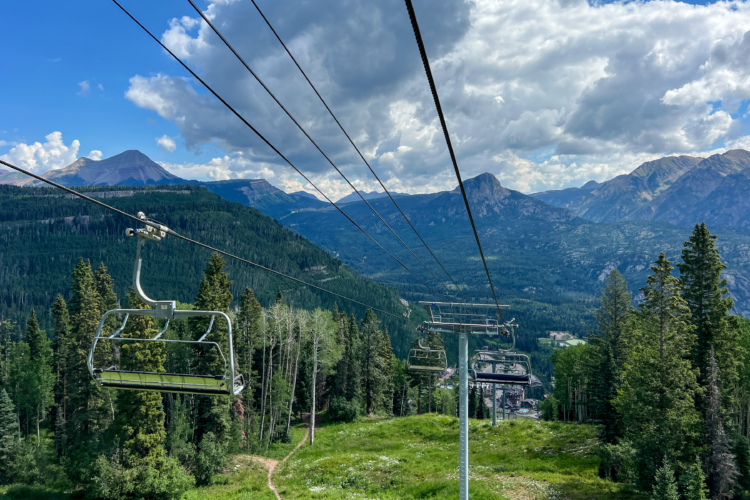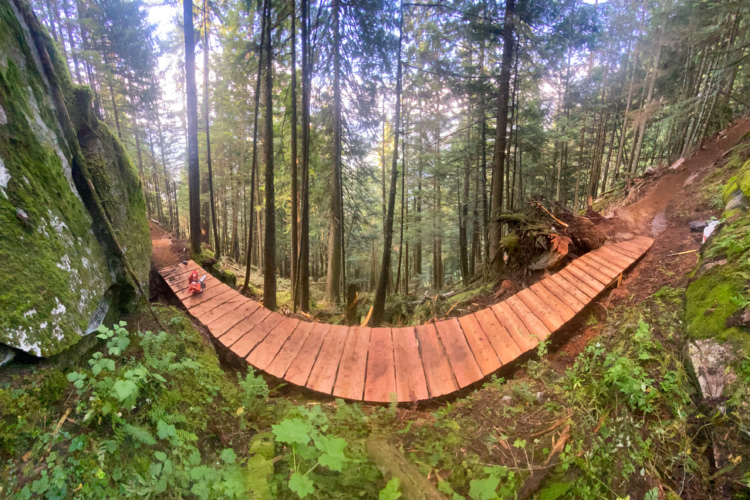Hope has been making killer mountain bike parts in house in Barnoldswick, England for years. They were one of the first companies to make hydraulic disc brakes back in the 90s. Now with drop bar bikes using more and more mountain bike tech, it was time to make something for the roadie crowd. Hope recently introduced their RX4 brake caliper, a four-piston brake for use with SRAM, Shimano, or Campy drop bar levers. Some may think that four pistons are overkill for road bikes, but as gravel bikes get more capable, their brakes should too.

Hope’s RX4 calipers are available in several variations. You can get them in post mount or flat mount depending on your frame specs. They’re also available for use with mineral oil for Shimano or Campagnolo, as well as with DOT fluid for use with SRAM levers. The calipers weigh 102g for Shimano/Campy or 92g for the SRAM version. As with most of Hope’s products, they are machined in Barnoldswick using 2014 T6 aluminum. The cost is around $125 per brake (available at JensonUSA).
I set up the RX4s on my Salsa Ti Fargo with SRAM Force levers. In the box was all the hardware needed to connect my existing hose to the caliper. Hope also includes two sets of pads, one gravel compound (semi-metallic), and one road compound (resin.) Setup was fairly straightforward, and once the brake was connected, it was time to bleed. You bleed these brakes exactly as you would with normal SRAM brakes. The most important part was to remove the caliper from the frame and let it hang as low as possible. Otherwise, I could not get all air out of the system. It is definitely a bit more finicky than the stock SRAM brakes to bleed, but it is worth it. I’ve worked as a mechanic for 15 years and it was tougher than most, so I highly recommend taking it to your local shop for bleeding. Once I got the brakes bled, I was ready to roll.

As soon as the pads were bedded in, I immediately noticed a substantial increase in power in the repair stand. The lever felt much more responsive than the two-piston setup. The stock SRAM calipers had plenty of modulation, but lacked the lever feel to provide confidence on steep singletrack. The lever now had much more of a bite, similar to what I’m used to with Hope’s mountain bike brakes. It was time to take it out on the trails to see how they handled.

Since installing the brakes, I’ve spent a lot of time riding everything from singletrack to gravel, and have been putting the RX4s to work. They feel much closer to what I’m used to on my mountain bike than anything I’ve ever used on a drop bar bike. The stock two-piston calipers are fine for road descents, gravel, and the occasional XC trail. And the added power of the four-piston brakes made the bike a lot more capable on singletrack. I have loved how grabby the brakes can be when riding technical trails, while still having the modulation I want on long downhills.
I’ve spent most of my time using the stock “gravel” semi-metallic pads that came with the brakes. Recently, I purchased two sets of Hope’s sintered pads for the RX4s and the brakes felt even better. Despite being a little noisier, they provide even better stopping power. My gravel bike on steroids now has the stopping power of an actual trail bike. I’m able to confidently approach terrain that I would normally stay away from without any fear that my brakes won’t be up to the challenge.

Do all drop bar bikes need four-piston brakes? Probably not, but I found them to be ideal for a drop bar mountain bike. As drop bar bikes get more and more aggressive, why shouldn’t their brakes? I already have a dropper post and a suspension fork on my drop bar bike, so four-piston brakes are an obvious upgrade. I can’t imagine needing them on a road or cyclocross bike, but for big mountain gravel or singletrack, they definitely deliver the stopping power I want.
⭐️ Find the Hope Rx4 Brakes at Jenson USA.











1 Comments
Jun 4, 2020